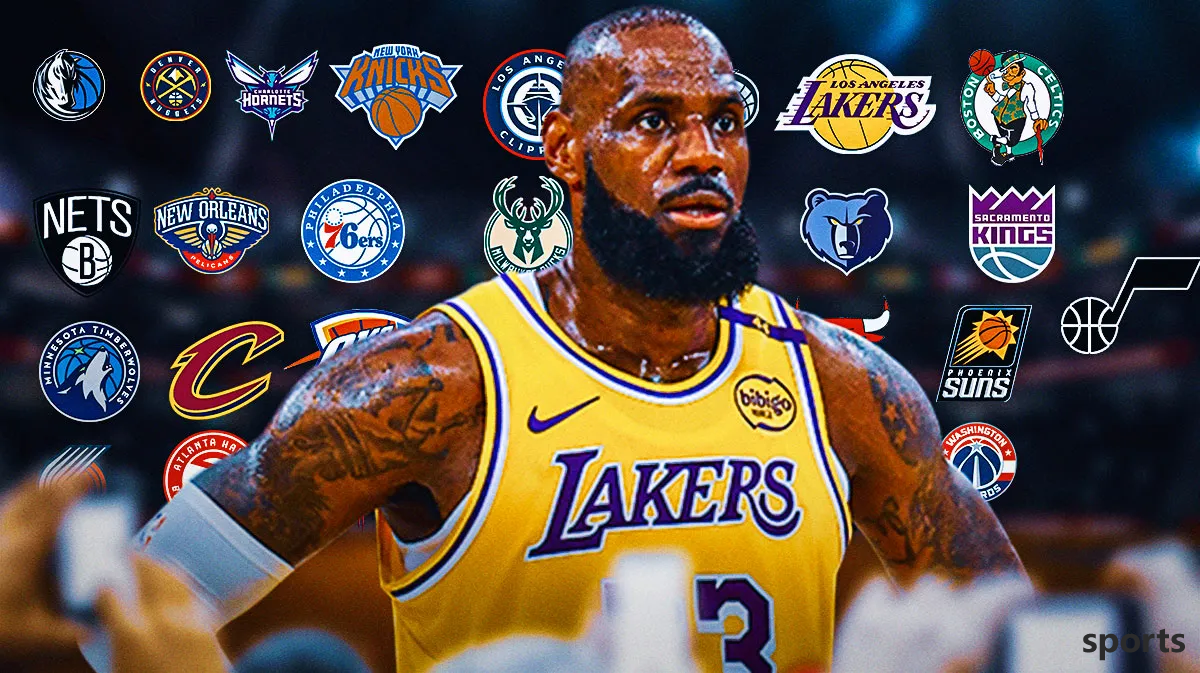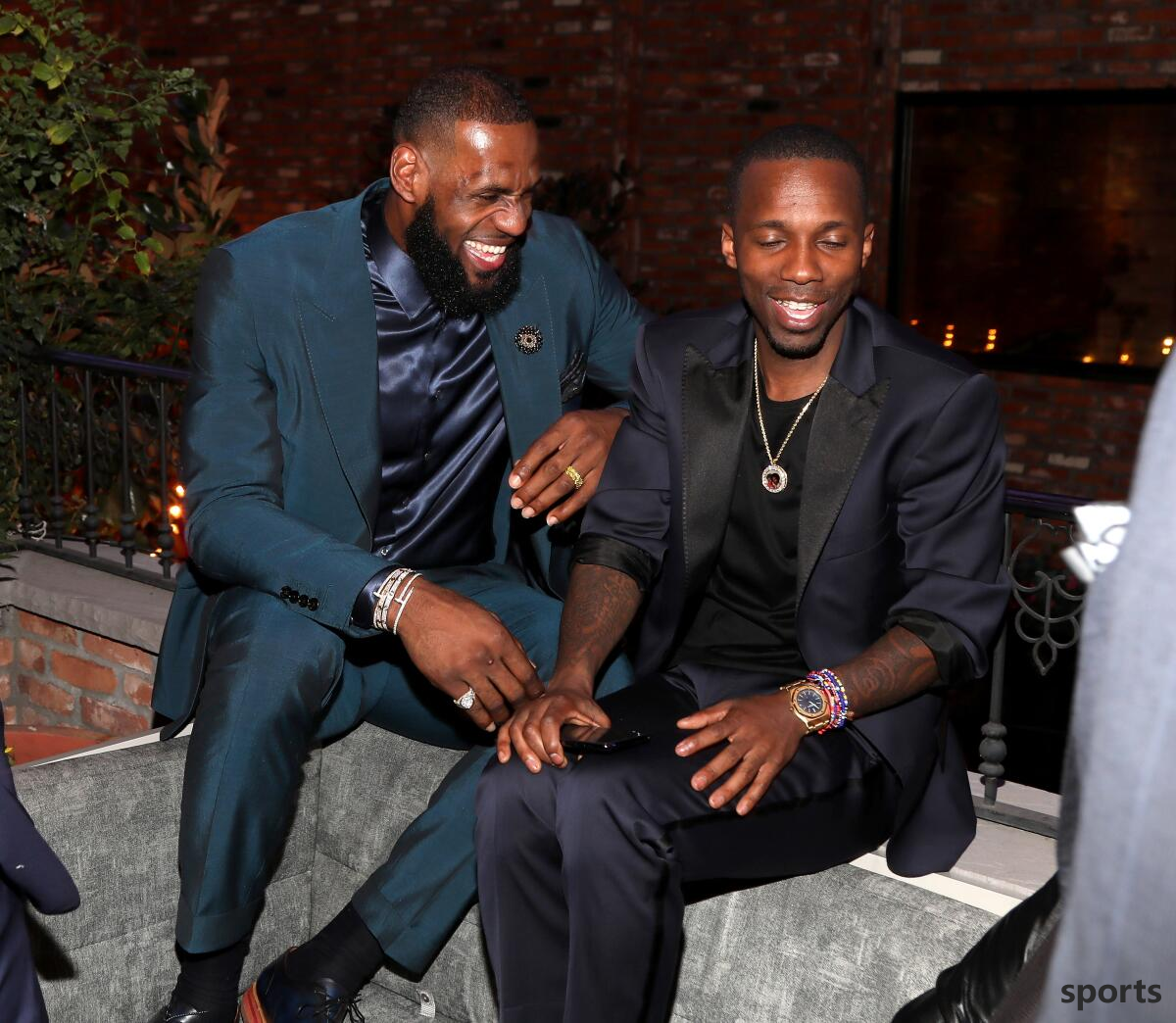Revealing the 52.6 million option for James: Still possible to leave the Lakers why not become a free agent
On June 30, James decided to execute the 52.6 million player option, which also means he will not be a free agent this summer, but that does not mean he will definitely stay with the Lakers. Shams reported that James knew that the Lakers were building a team for the future, but he was still eager to compete for the championship, and there was indeed a contradiction between the two. The problem is here. James implements player options on the one hand, while evaluating his future with the Lakers. If he might want to join other teams, why not become a free agent? The answer is that the free market is generally tight this year, and the rebuilding Nets are the only team that can provide James with a maximum salary contract of $54.1 million. If James really wants to change teams this summer, it can only be achieved through trades. If James refuses to execute the option, signing first and then changing is possible, but this plan has complexity: the team that gets the player by signing first and then changing will automatically trigger the hard salary cap (the upper limit is the lower luxury tax line), limiting its lineup construction operations. However, after executing the option and then trading is not subject to this restriction. For example, suppose the Warriors now trade Butler (who just started executing the maximum salary renewal) to the Lakers for James and Brownie James, neither team will face a hard salary cap limit, so that the Warriors can re-sign restricted free agent Jonathan Cumingga. James' salary does make the Lakers' operations in the free market more clear. Essentially, the team needs to weigh in two options: one is to re-sign forward Finney Smith (who decided to reject the $15.4 million player option in order to seek a longer contract); the other is to use the full middle class exception (most likely to be used to sign a starting center). Choosing the latter will give the Lakers a hard salary cap, but will ensure that the roster is filled with a base salary contract while retaining some flexibility for mid-season trading. Previously, Ritchie Paul said in an interview: "James knows that the Lakers are building a team for the future, and he is eager to continue to compete for the championship. We understand the contradiction between competing for the championship and preparing for the future. We do need to evaluate what is the best choice for James at this stage of his career and life. He hopes that every remaining season will be valuable, and the Lakers understand that, they support it and hope to make the decision that is most favorable to him. We are very grateful for the eight-year partnership with Jenny (Bass) and Robert (Pellinka), who is a crucial part of his career." James may be a pioneer in the NBA player empowerment sports - he leads the trend, players maximize revenue potential, maintain flexibility, and put pressure on management by seeking short-term contracts with player options. Dating back to his six-year contract with the Miami Heat in 2010 (which includes a jump clause four years later), the decision now marks the first time in his career that he has not been a free agent through any mechanism in the contract. 

- Recent Posts
-
- Seven-winning champion & t
- The Timberwolves face disinteg
- Hit 15+3 consecutive hits a ne
- Team Note: There is no substan
- Team history is only once less
- Famous reporter: James believe
- Is there a miracle? The three
- James talks about his post-ret
- Former NBA player Beverly talk
- Famous reporter revealed that
- Hot Posts
-
- After signing with the Trail B
- "NBA Finals G6" Thunder VS Pac
- Bill wants to complete a buyou
- Thunder substitute Caruso: Gre
- 2-1 in one game! WTA Berlin St
- First-time pick, 25th first-ro
- After the NBA Clippers trade,
- Rockets officially announced 5
- The latest news of the Warrior
- The Suns are finally going to
- Outrageous! The truth about th
- If 13 million is received, run
- US media questioned Yang Hanse
- Is Paul expected to join the L
- Paul George undergoes surgery
- On May 2, Pelinka s latest int
- Anthony: I ve been through man
- 8 first rounds + 60 million sp
- Cavaliers President: Mobley s
- The Warriors "beat" Gobert by
- search
-
- Links
-
